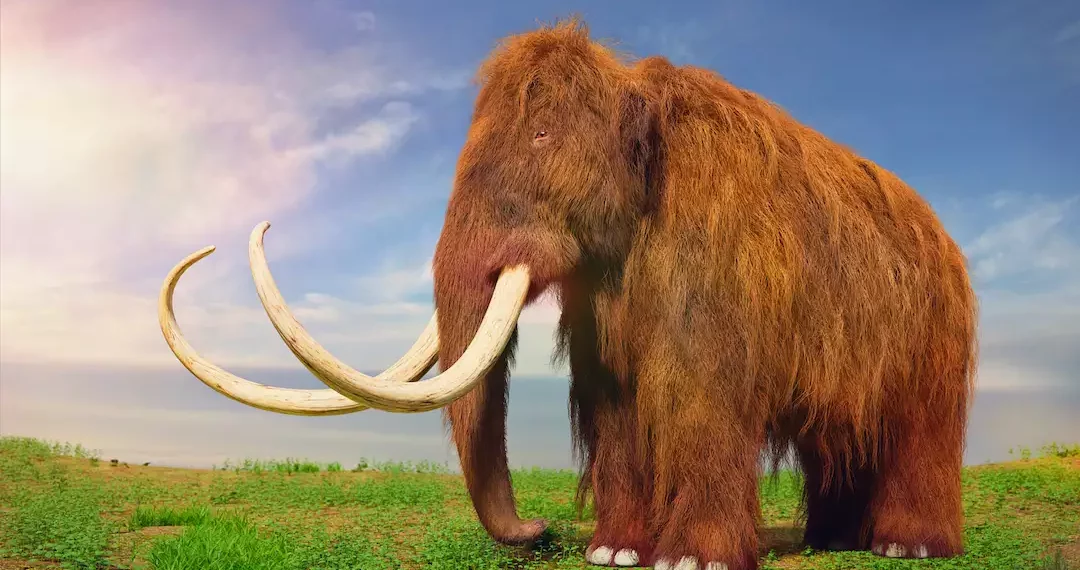Colossal Biosciences, an American company specializing in biotechnology, announced that it was finally able to transform the experimental elephant cells into the embryonic state for the purpose of cloning the mammoth elephant.
New News - Technology
The company, which is in the US state of Texas, revealed earlier last year its plans to bring back the mammoth that has been extinct for thousands of years to life by 2027 through advanced technology based on the development of genes and DNA.
Colossal scientists will create an embryo from a woolly mammoth, which they will place in an African elephant to take advantage of its size and allow it to give birth to a new woolly mammoth.
The report published by the scientific journal Nature considers this achievement by Colossal an early technical success in Colossal’s high-level efforts in the field of genetic engineering and plans to clone elephants bearing the characteristics of woolly mammoths.
Painstaking Efforts in Reprogramming Elephant’s Stem Cells
About 18 years ago, similar experiments were conducted in mice, in which mouse skin cells were reprogrammed to transform into embryonic cells. Thus, these iPS cells can divide into any type of animal cell that scientists desire, meaning they become a raw material that can be adapted as desired.
This experiment served as the starting point for Colossal’s experiments to clone herds of Asian elephants that bear features close to the extinct woolly mammoth elephant, as the DNA of the woolly mammoth elephant is 99.6 percent identical to the Asian elephant. Which led scientists to believe that they were on their way to achieving their goal.
Difficulties Facing Colossal in Cloning Mammoth Elephants
George Church, co-founder of Colossal, said:
I think we are definitely in the race to get a world record in creating the world’s most powerful induced pluripotent stem cells (iPS), which will soon appear on the bioRxiv platform, but the difficulty of creating iPS cells for elephants precisely is, In theory, this is one of the biggest technical obstacles that the company’s team faces in cloning mammoth elephant cells
Colossal’s plan to create the first generation of transgenic Asian elephants involves using cloning technology, rather than through obtaining iPS cells.
But Church says the new cell lines will be useful in identifying and studying the genetic changes needed to impart mammoth traits to Asian elephants. He supports the need to pre-test them before putting them in baby elephants.
The company aims to resettle the woolly mammoth elephant in the same ecosystem in which it previously lived to combat climate change and preserve the Arctic.
Source: Nature



















